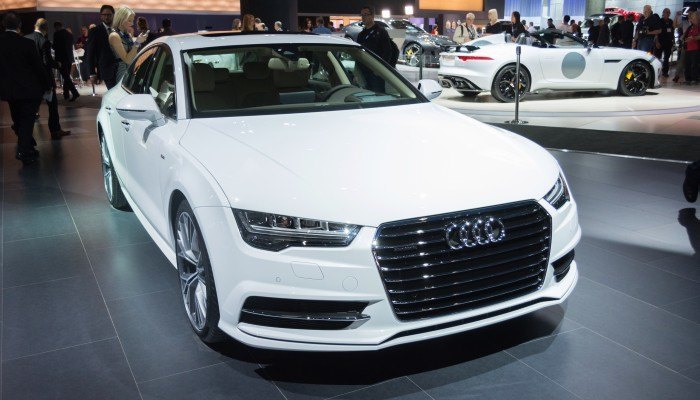 bettorodrigues/Bigstock.com
bettorodrigues/Bigstock.com
While the idea of letting a computer drive you around may be frightening, the technology required for such a phenomenon is close to being here.
The Telegraph's Alex Robbins got behind the wheel of an Audi A7 Sportback a few days ago – although he didn’t turn that wheel.
Robbins was given the opportunity to be driven along one of Germany's autobahns.
The Telegraph reporter said he soon felt relaxed enough to take his eyes of the road – letting the Audi's computer do the work for him.
Robbins also felt that the technology was so effective that it might soon be production-ready.
The A7 proved adept at changing lanes, accelerating and braking.
Of course, there are a raft of legal issues to sort out before a car like the A7 will be available in showrooms, but it appears that some of the world's leading automakers have some very well developed technology.
However, as yet, only a handful of companies have started developing driverless car technology. At the head of the pack are firms such as Google and Audi. But how will smaller auto makers survive if driverless car technology takes off? What if driverless cars become the standard technology? Will low-volume car makers simply be bought up by the world's auto giants because they have been outdated by autonomous systems? In some cases, small carmakers have already been bought out by larger firms.
In any eventuality, it doesn't appear as if the public are clamouring to lose the pleasure of hands-on driving quite yet – even if carmakers say driverless technology will make our roads safer in the long run.




